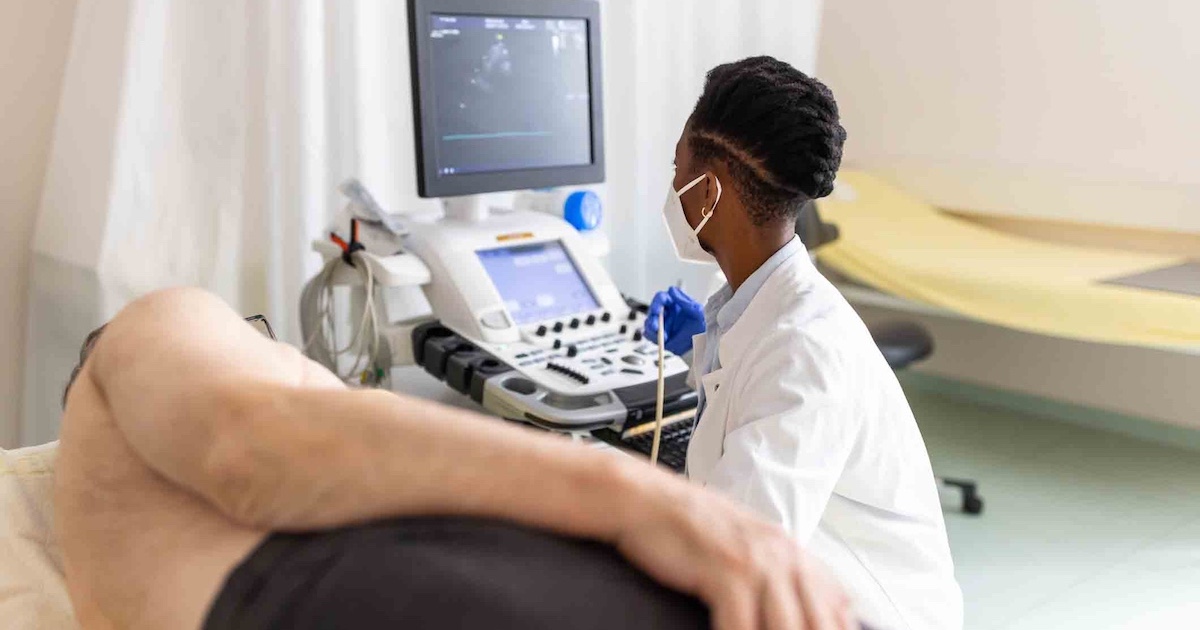Aetna Better Health of Illinois is running a trial to better understand the impact of equipping home care aides with smartphones.
In the pilot, aides will be issued smartphones with which to report changing conditions of members to primary care physicians in near real-time.
Aetna Better Health of Illinois, one of the insurer’s Medicaid plans, is conducting the test with Addus Home Care, a national provider of home and community-based services.
[See also: Meaningful use and mHealth intersect at CES 2014.]
Addus aides are already in consumers’ homes on a frequent basis, performing duties that enable patients to live at home while aides observe changes in their physical, mental and environmental conditions.
Illinois established the Integrated Care Program for older adults and adults with disabilities who are eligible for Medicaid to coordinate services across the continuum, help prevent unnecessary hospitalizations and better manage chronic conditions.
Aetna Better Health and Addus Home Care administer the program, which operates in several counties with 18,000 members. Providing services to at-risk older adults has been found to reduce overall nursing home use and has helped to control Illinois’ long-term care spending.
The ability to communicate changes in the participant’s condition in real time allows for early identification and intervention by health plan case managers, said Mark Heaney, president and CEO of Addus, in a prepared statement.
“Through the mobile device, we can really put the home care aide on the healthcare team,” he added.
In the pilot, Aetna and Addus also plan to use home and community-based services to demonstrate similar results with emergency and acute care services and will conduct an outcome study on the program this year.
This article originally appeared on Healthcare Payer News.
Related articles:
A Candy Crush for stroke patients?


